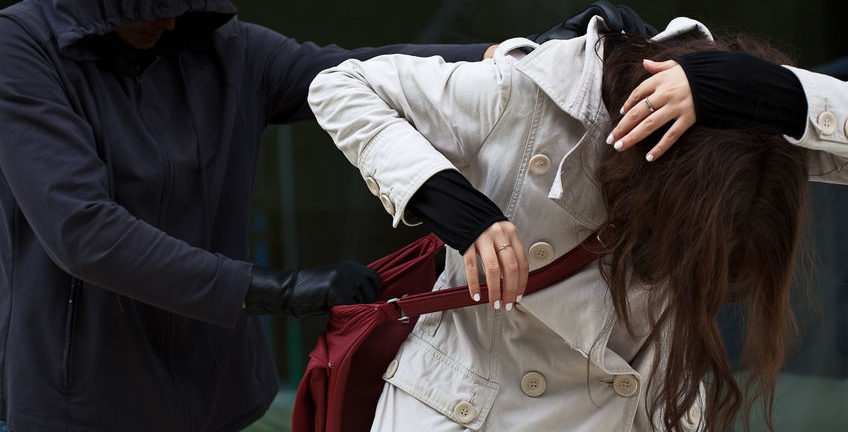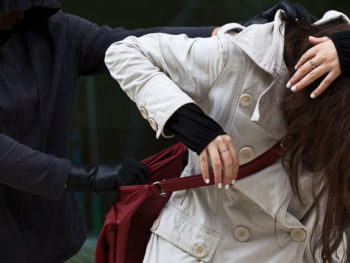VAWA or the Violence Against Women Act of 2000 was drafted by Congress to protect victims of
domestic violence and other serious crimes such as sexual slavery and human trafficking. It also
created a path for immigrant victims to obtain legal status including a US residency (green card)
based on physical abuse or extreme cruelty at the hands of their abuser. The following are 10
helpful pointers for immigrant domestic violence survivors applying for a green card.
- In order to qualify for a VAWA green card, the abuser must be a US citizen or a US Resident
(green card holder). If the abuser is undocumented or holds other immigration status, immigrant
victims might be eligible for a U visa for crime victims instead. - A claim for VAWA can be made even if the survivor did not suffer physical abuse as long as they
can demonstrate they were subject to extreme cruelty during the course of their relationship. - Proving that the abuser is a US citizen or green card holder can be a challenge when the abuser
withholds information or documents that could aid the victim in any way, including applying for
legal status. Yet, the burden remains on VAWA applicants to prove their abuser is either a US
citizen or U.S. resident in order to qualify. If the abuser is a green card holder, or a naturalized
U.S. citizen, VAWA applicants can request that USCIS obtain proof of the abuser’s status from
its database. If the abuser is a US born citizen, a request for a copy of the document can be
made at the registrar office of the city and state where the abuser was born. Proof of marriage
is required for records to be released due to privacy issues. - Where the abuser is a US citizen, VAWA applicants can file both the I-360 VAWA Petition AND
the I-485 Application for Lawful Permanent Residence together. This stream lines the process and
has the added benefit of expediting a work permit application which should also be filed with
the above applications. - If USCIS can determine based on the evidence submitted that the required relationship exists,
that there was physical abuse or in the case of emotional abuse only, extreme cruelty, they issue a
Prima Facie Determination. This allows VAWA applicants to qualify for certain state and federal
public benefits while waiting for a decision on their work permit application. - VAWA applicants are judged on the merits of their written application and supporting evidence
including a detailed written statement, that of any witnesses, medical and/or psychological
evaluations, photos of any injuries, and other tangible evidence. While there is no interview at the
I-360 stage, applicants are interviewed at the I-485 application stage. USCIS officers are prohibited, however, from discussing the abuse or merits of the I-360 application and must limit their questions to the form I-485 and the applicant’s admissibility. This helps to avoid re-traumatizing survivors about the abuse they suffered, allowing them to focus on the questions surrounding the I-485 Application for a green card.
- For domestic violence survivors currently married to OR recently divorced from their abuser,
who were already granted conditional US residency, filing a VAWA waiver at the I-751 removal of
conditions stage allows survivors to remove those conditions independent of her abusive sponsor.
In addition to proving the bona fides of the marriage, applicants must also submit evidence of the
abuse, including a personal statement, any corroborating evidence and testimony of physical abuse
or extreme cruelty. - A VAWA petition can be filed up to two years after an applicant’s divorce from the abuser. USCIS
requires proof of the final divorce decree to determine an applicant’s eligibility. - A VAWA based green card is valid for 10 years. During this time, an application for US citizenship
may be filed within 3 years if the abuser was a US born citizen or the abuser is a naturalized citizen
and held US citizenship for at least 3 years. Otherwise, the application for US citizenship may be
filed after 5 years of lawful permanent residency. - The average processing times for I-360 VAWA Petition approvals has slowed down considerably
due to Covid-19. At present, it is taking approximately 6 months for a Prima Facie determination, 7-
8 months for a work permit and 18 months for a decision. Despite the lengthy processing times, VAWA provides powerful protections and benefits to domestic violence survivors who apply, including the availability of state and federal public benefits once a prima facie determination is made, authorization to work, and most importantly a path to lawful permanent residency and eventually citizenship.
If you are a victim of domestic violence, contact our office to discuss your eligibility for a green card
or other immigration relief through VAWA.
Get in touch!
tel: 415-274-7551







Leave a Reply